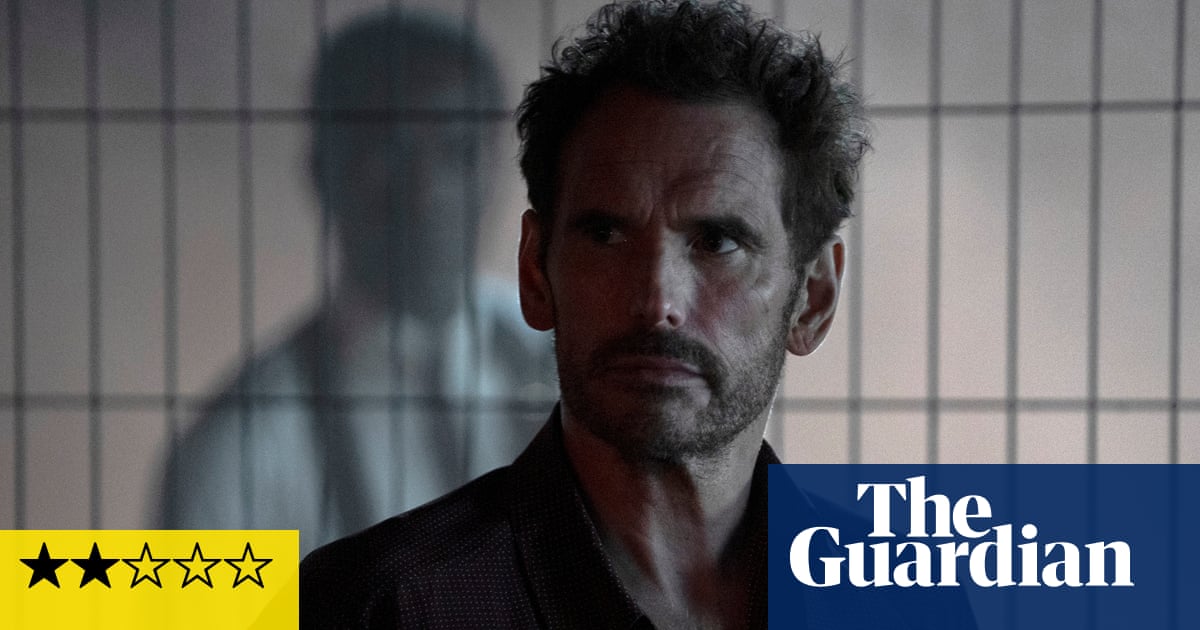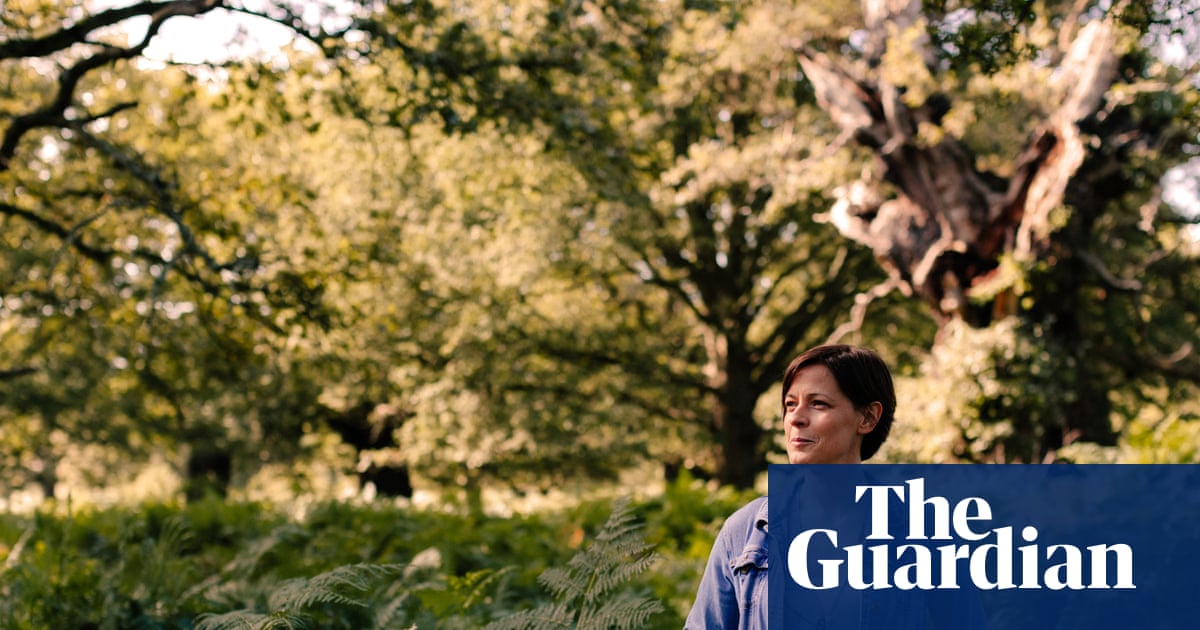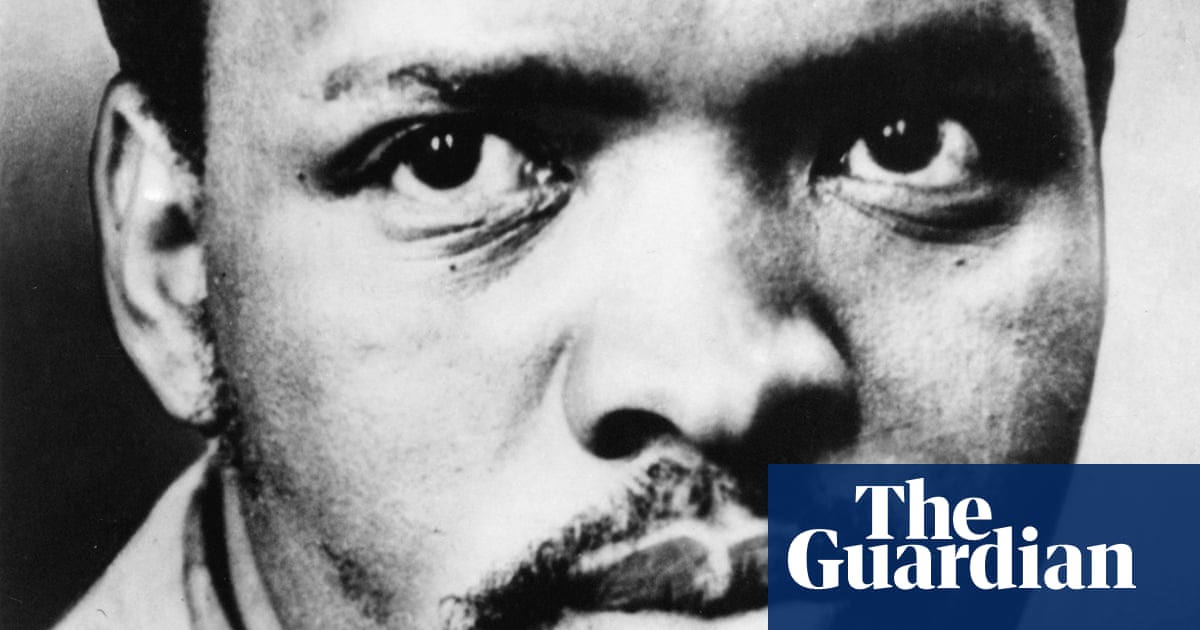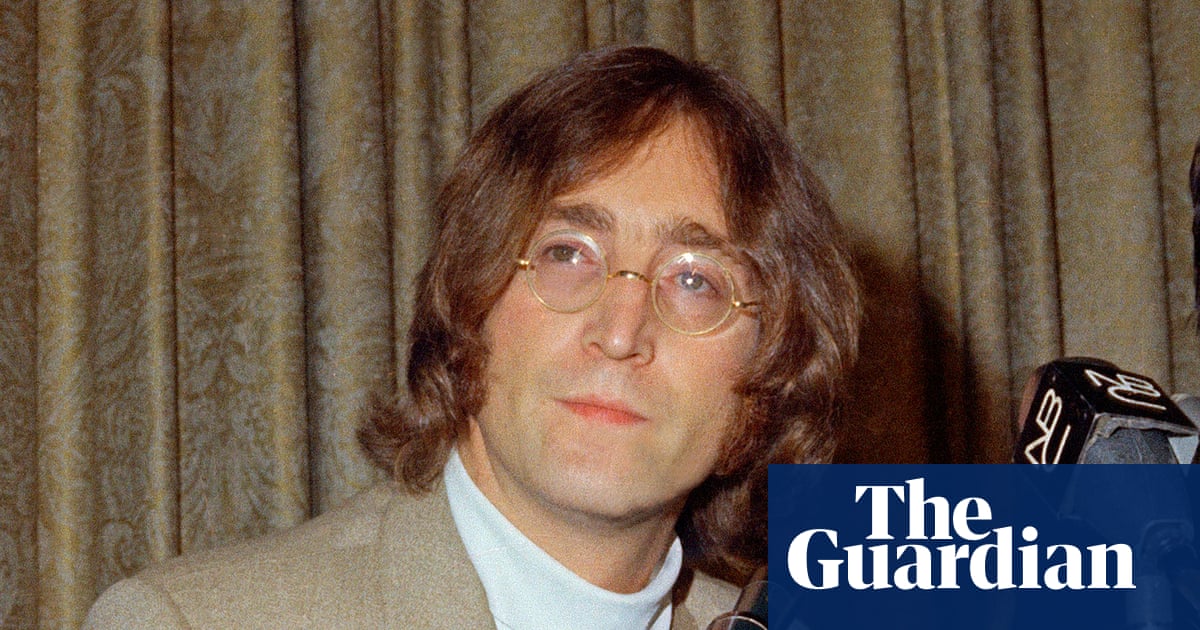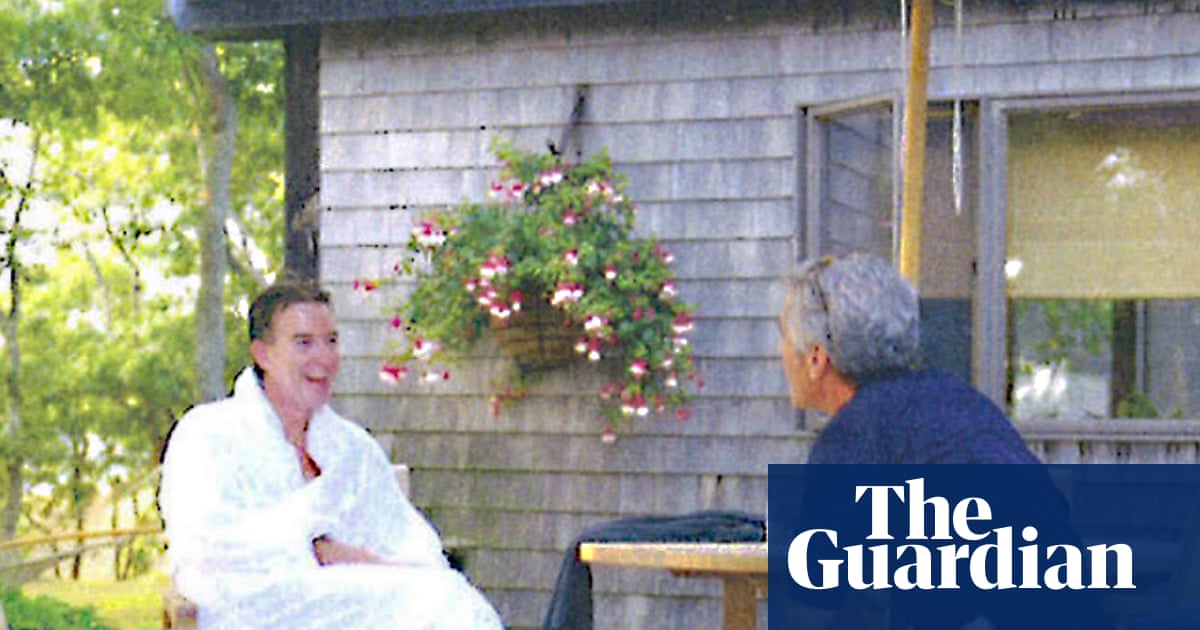Lynne Ramsay brings the Gothic-realist steam heat, some violent shocks and deafening music slams to this movie, adapted by her with co-writers Alice Birch and Enda Walsh from the 2012 novel by Ariana Harwicz. It’s a ferociously intense study of a lonely, passionate woman and her descent into bipolar disorder as she is left alone all day with a new baby in a rambling Montana house originally belonging to her husband’s uncle, who took his own life in a gruesome way that we are not permitted to discover until some way into the movie.
Die My Love is another film to remind you that Ramsay believes you should make movies the way VS Naipaul believed you should write books: from a position of strength. There is, simply, overwhelming muscular strength in this picture: in her direction, in Paul Davies’s sound design, in the saturated colour of Seamus McGarvey’s cinematography, and of course in the performances themselves. Robert Pattinson is Jackson, a guy whose job takes him away from home a lot of the time with a box of condoms in the glove-compartment, and Jennifer Lawrence is Grace, who is supposedly going to write a novel during the baby’s nap times – though, worryingly, there isn’t a single book in the house. Sissy Spacek brings her unfakeable presence to the role of Jackson’s mum Pam, who lives in the neighbouring property, a woman for whom the stress of caring for her husband Harry (Nick Nolte), who has dementia, has caused her to sleepwalk, laughing maniacally and carrying a loaded gun.
At first, Jackson and Grace are insanely happy, having sex all of the time – and then most of the time and then some of the time and then none of the time. There is a brutally comic quasi-Victoria Wood scene in which she confronts Jackson on this, and demands that they have sex, right now, in the car, the way they used to. Grace’s drinking and mood swings are becoming more explosive - a tragically integral part of her sexiness, in fact - and you learn to tense when Jackson and Grace are in the car, quarrelling or pretty much making out, taking their eyes off the road as the music on the radio pounds ever louder. Grace tries to hold on to her sanity as she ranges around the fields surrounding the house, with suspicions about Jackson’s fidelity worsening her post-natal depression – and here Die My Love joins the long list of films influenced by Andrew Wyeth’s painting Christina’s World.
Reality begins to merge into woozy hallucination as Grace begins to fantasise about a guy she saw in a parking lot, who merges with a guy on a motorcycle who periodically roars through a neighbouring forest; this is Karl, played by LaKeith Stanfield, whose relatively undeveloped presence is perhaps a flaw in the film. Grace’s imagination catastrophises everything she sees - creating painful, violent crises, in fact, and in the fiction of her imagination, a form of melodramatic self-harm; no sooner has one set of cuts begun to heal, then she gives herself another - the renewing stigmata of her private sadness Calvary.
It hardly needs to be said that subtlety is not really among this film’s attributes - but it is fierce, angry, engaged, and intensely, sensually alert to every detail of its own pleasure and pain.

 3 months ago
127
3 months ago
127


